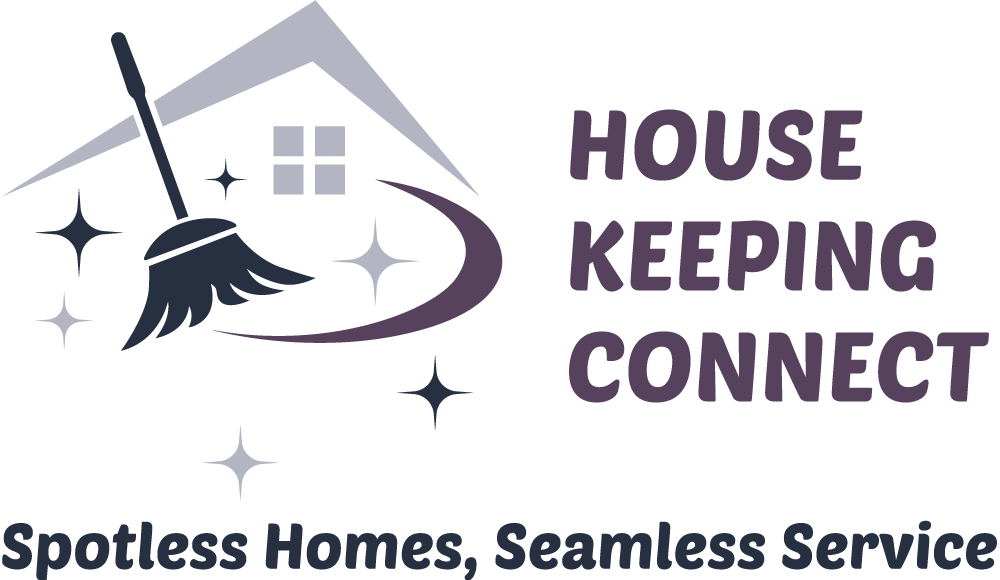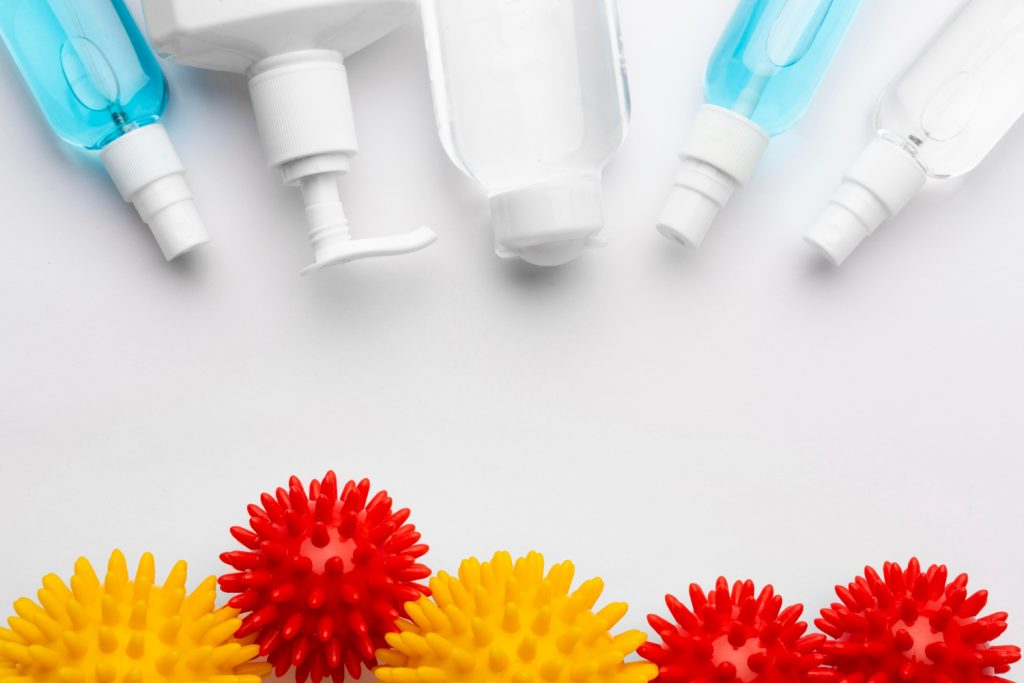Introduction
Reducing allergens in your home is essential for maintaining a healthy living environment, especially for those with allergies or asthma. Here are some effective cleaning strategies:
Regular Cleaning
- Dust Frequently: Use a damp cloth or microfiber duster to clean surfaces, preventing dust from becoming airborne. Focus on shelves, windowsills, and electronics.
- Vacuum with HEPA Filters: Equip your vacuum cleaner with a HEPA filter to trap fine particles. Pay special attention to carpets, rugs, and upholstered furniture.
Control Humidity
- Use Dehumidifiers: Maintain indoor humidity levels between 30-50% to deter mold growth. Clean dehumidifiers weekly to ensure effectiveness.
- Address Water Leaks Promptly: Repair any leaks in roofs, walls, or plumbing to prevent mold and mildew proliferation.
Focus on High-Allergen Areas
- Bedrooms: Regularly wash bedding in hot water to eliminate dust mites. Consider using allergen-proof covers for pillows and mattresses.
- Bathrooms: Clean and disinfect bathrooms regularly to prevent mold and mildew buildup.
Maintain HVAC Systems
- Replace Filters: Change HVAC filters every 1-3 months to ensure efficient allergen removal.
- Clean Air Vents: Dust and clean air vents and ducts to prevent the circulation of allergens throughout your home.
Use Pet-Safe Cleaning Practices
- Groom Pets Regularly: Brushing pets outdoors can reduce the amount of pet dander inside your home.
- Clean Pet Bedding: Wash pet bedding and toys frequently to minimize allergens.
Choose Appropriate Cleaning Products
- Use Fragrance-Free Cleaners: Opt for cleaners without strong fragrances that can irritate allergies.
- Avoid Harsh Chemicals: Select cleaning products with minimal chemical ingredients to reduce potential allergens.
Implementing these cleaning practices can significantly reduce allergens in your home, leading to a healthier living space.
For professional cleaning services tailored to your needs, consider House Keeping Connect Ltd.

